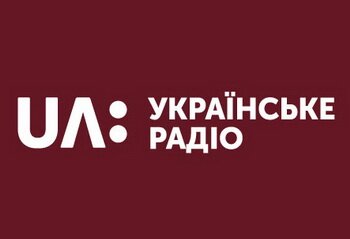
Expert of the “Borysfen Intel” Centre Kateryna Vakarchuk on the Ukrainian Radio
President of Venezuela Nicolas Maduro's decision to block the delivery of humanitarian aid from the EU and US could lead to the part of the army siding with the opposition. This is what on the Ukrainian Radio in the program “Today. Morning” was said by the Associate Professor of the Department of International Relations of the Faculty of International Relations, Political Science and Sociology of the Mechnikov National University of Odesa, expert of the “Borysfen Intel” Centre Kateryna Vakarchuk.
“I think that tomorrow everything will begin with peaceful protests and there are unofficial reports that some generals are negotiating with Guaido. Bolton and the US Special Envoy have also repeatedly spoken about the fact that negotiations are underway and possibly part of the army will go to the side of the opposition, which will cause chaos in the troops that are loyal to Maduro”, Kateryna Vakarchuk said.
According to her, some of Venezuelan generals are aware of the country's dependence on imports of consumer goods, in particular food, — “Venezuela is a highly urbanized country. 90 % of the population lives in cities. The climate, monsoon winds, oil sand, despite the fact that it is warm there, do not allow to grow the usual products, so Venezuela has always imported the first-need goods: potatoes, vegetables, and so on”.
Kateryna Vakarchuk pointed out that to date, N. Maduro's loyal forces have blocked sea ports and taken control of the border with Brazil. “February 20, Maduro issued a decree on closing all ports of the country. This means that all seaports have no right to admit any ships to the country. Venezuela has a great sea border with the Antilles, which belong to Netherlands — a member of the European Union. Therefore, border guards are in high readiness to prevent the delivery of humanitarian assistance. Also, Venezuelan's internal forces have completely blocked the land border with Brazil on February 21. As for Colombia, the situation is slightly different, because there is no such border there and people can move freely, therefore, Colombia is the bridgehead, through which aids can be provided”, said Kateryna Vakarchuk.


